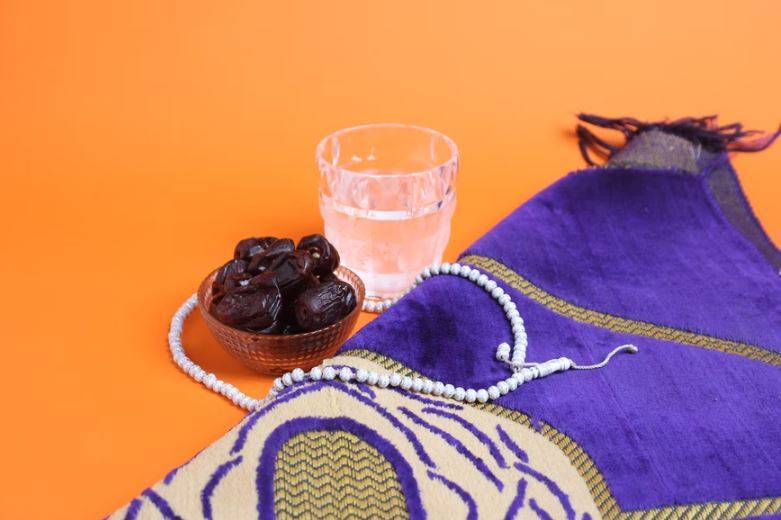During the month of Ramadan, fasting individuals often commit several mistakes related to their eating habits, which can lead to health issues. Regarding dietary errors during Ramadan, Dr. Tarek Al-Belili, a consultant in internal medicine, endocrinology, diabetes, and nutritional therapy, warned against a set of habits practiced by those who fast during the iftar period. He stated, "Starting with the pre-dawn meal (suhoor), one should avoid foods high in salt and focus on water-rich foods that assist the body during the fasting period."
Dr. Al-Belili, in an interview with Sky News Arabia, added, "It is advised to avoid drinking water immediately before starting the fast, specifically in the last hour before dawn, as the harms outweigh the benefits. The body quickly eliminates it, causing pressure on several organs due to excess water. The better option is to drink water during the iftar period in multiple doses."
The consultant emphasized that during iftar, one should consume fruits that are rich in water and nutrients, such as apples, watermelon, and melons, along with natural juices, while avoiding any processed juices and soft drinks. He confirmed that "one of the wrong habits is drinking cold water directly at iftar on an empty stomach, as it causes constriction of the blood vessels leading to the stomach, resulting in cramps that negatively affect digestion and irritate acidity."
Dr. Ahmed Abdel Aziz, a nutritional therapy consultant at Qasr Al-Aini School of Medicine, offers a set of tips for safe fasting, stating, "One should increase the intake of vegetables and fruits at the expense of pickles, which should be avoided as they pose significant risks, including the formation of kidney stones."
Abdel Aziz further explained in his conversation with Sky News Arabia that "sweets are a dangerous habit that many fasting individuals adopt in various Arab countries, as high consumption can lead to serious crises and raise blood sugar levels. It is preferable to limit sweet consumption to a small piece every two days, provided it is made at home with natural honey, avoiding manufactured sugars."
The nutritional therapy consultant continued, "One should stay away from fatty and greasy foods during the fasting period or reduce their quantity if one wants to consume them, always consulting a specialist doctor and conducting necessary tests and examinations."
Regarding the dangers of spicy foods, Abdel Aziz clarified, "They can cause irregular heartbeats. Foods fried in oil at high temperatures can also lead to a feeling of heaviness." He concluded his nutritional advice by saying, "One should not neglect the suhoor meal, ensuring the food consumed contains approximately 65% carbohydrates, 20% protein, and 10% fats, with the remaining being vegetables and fruits."




